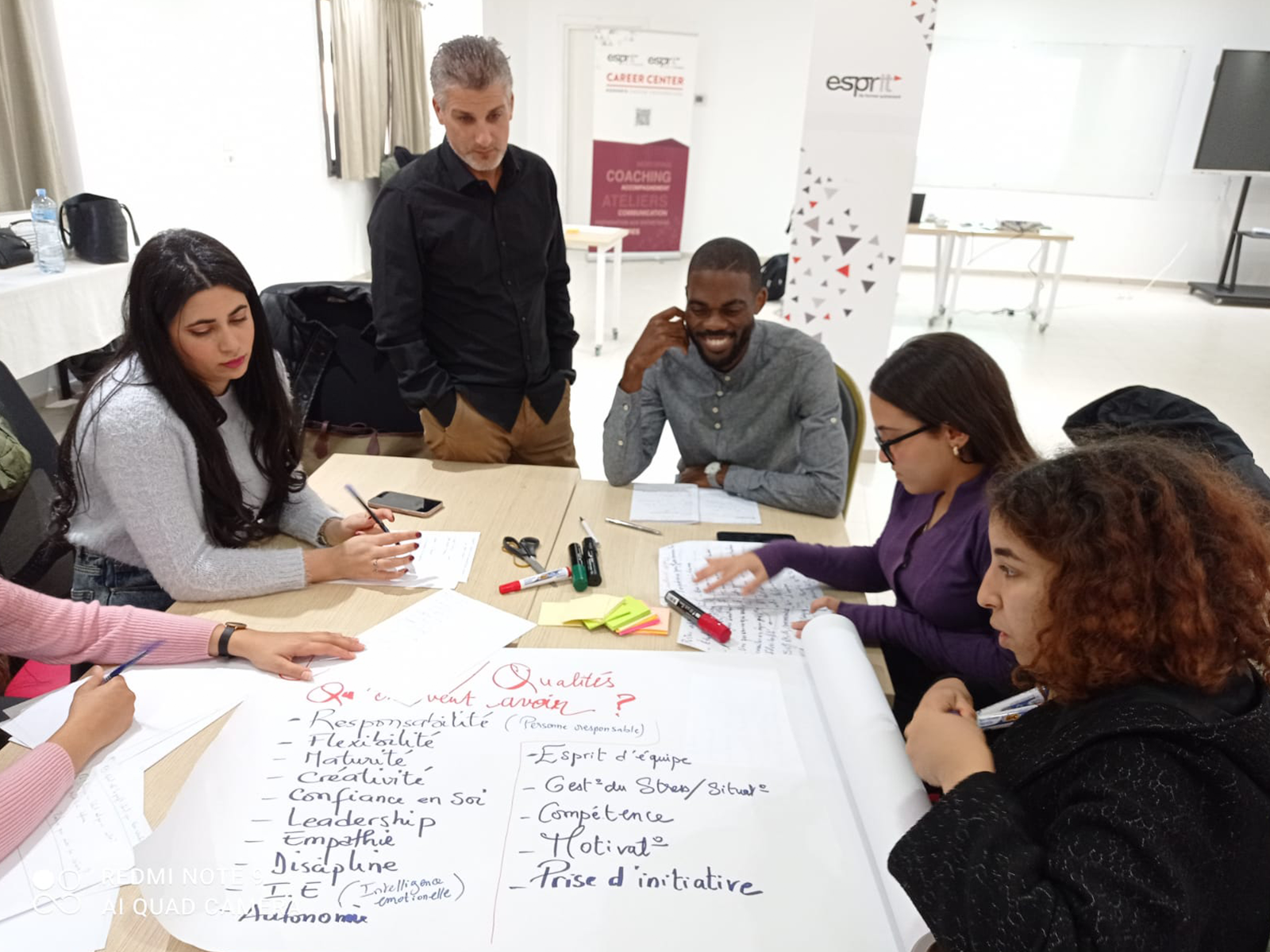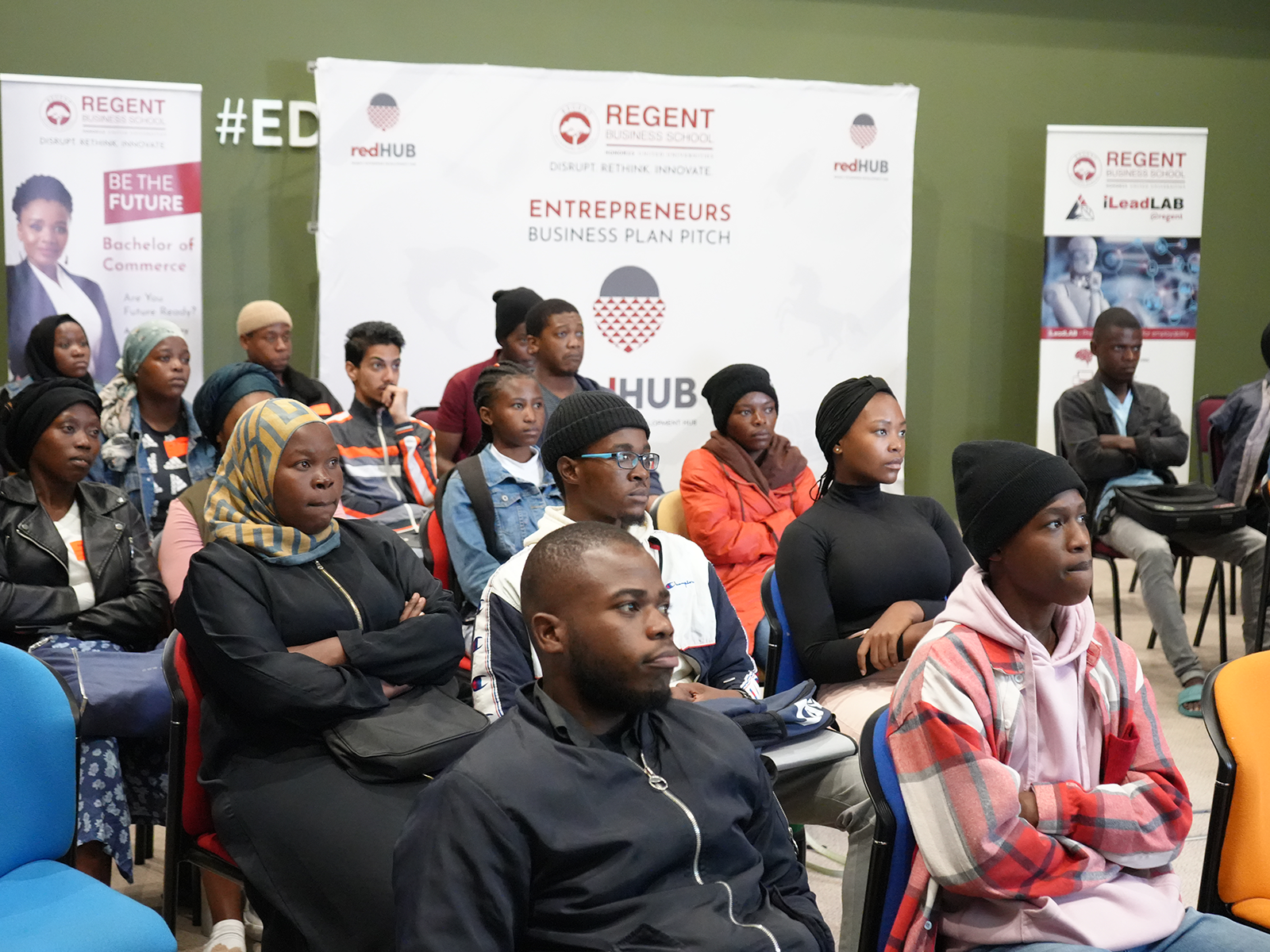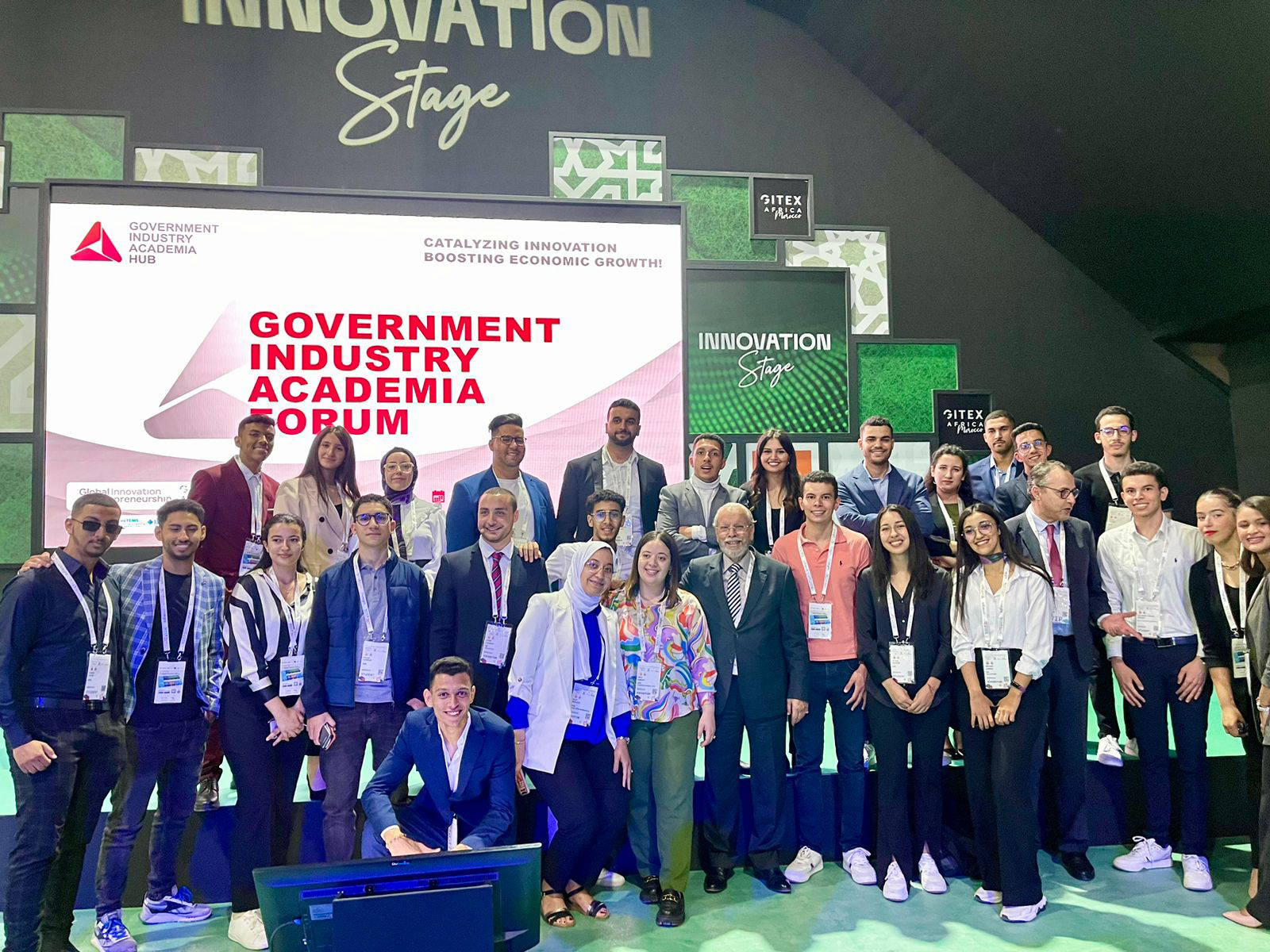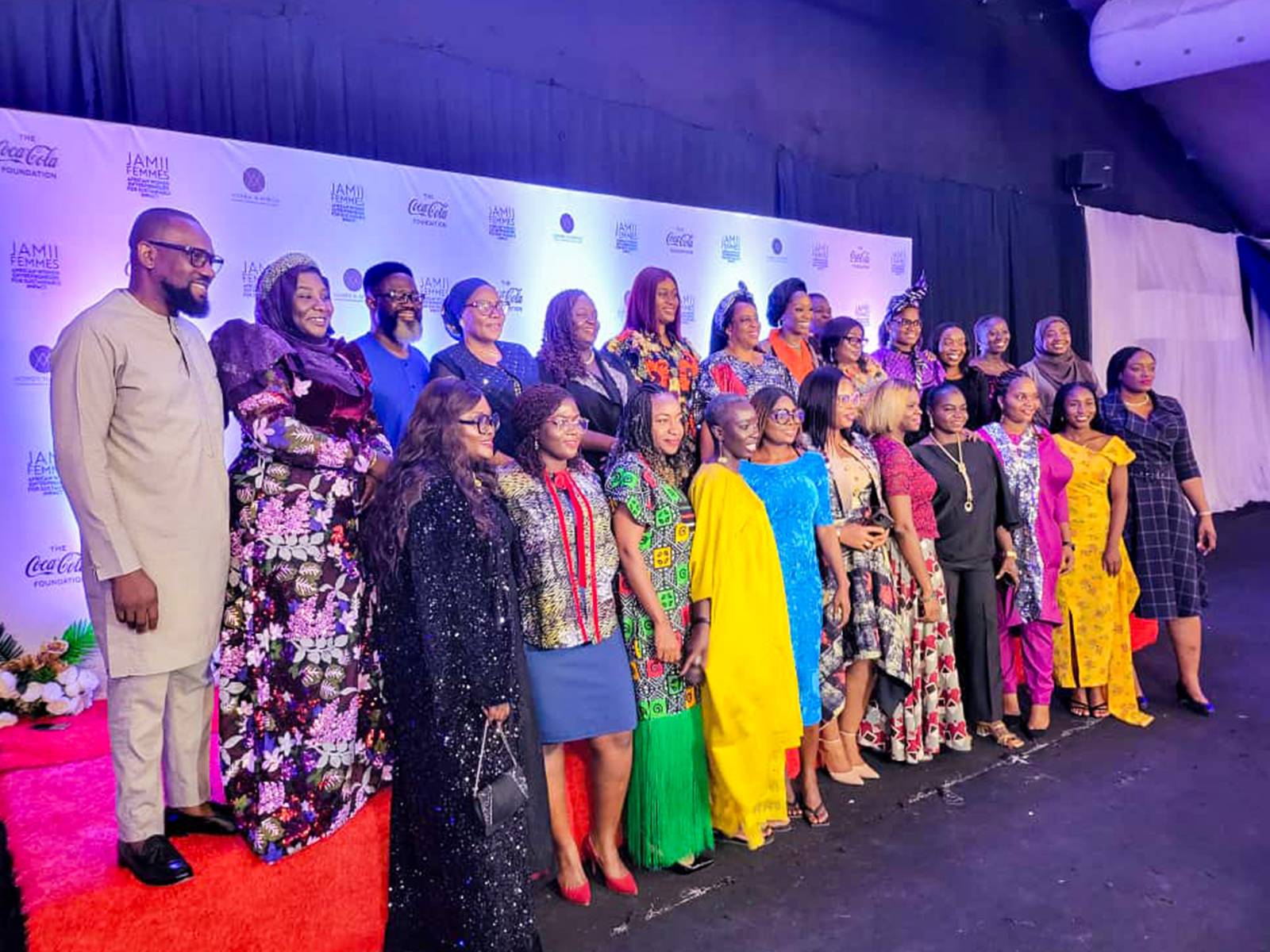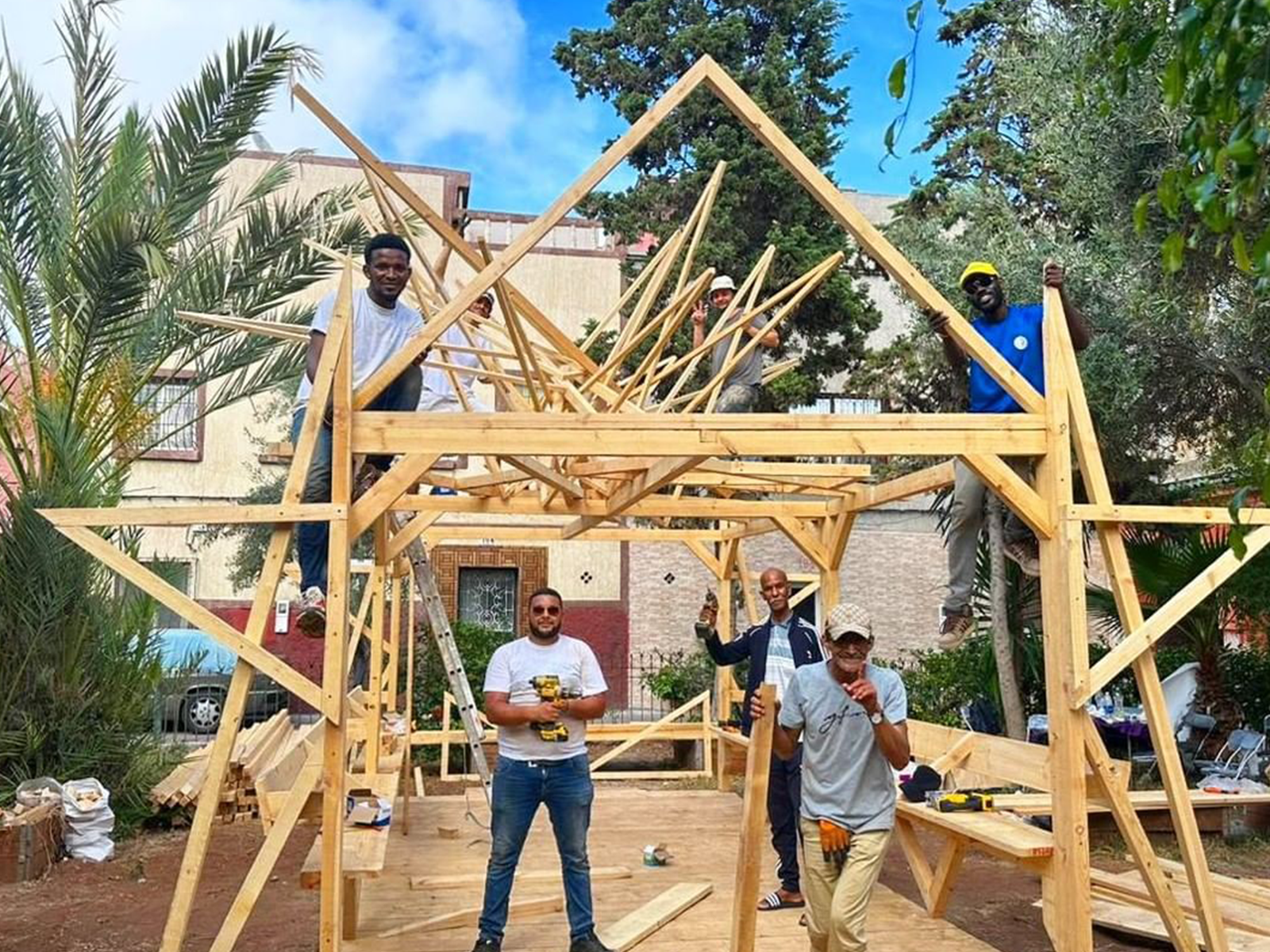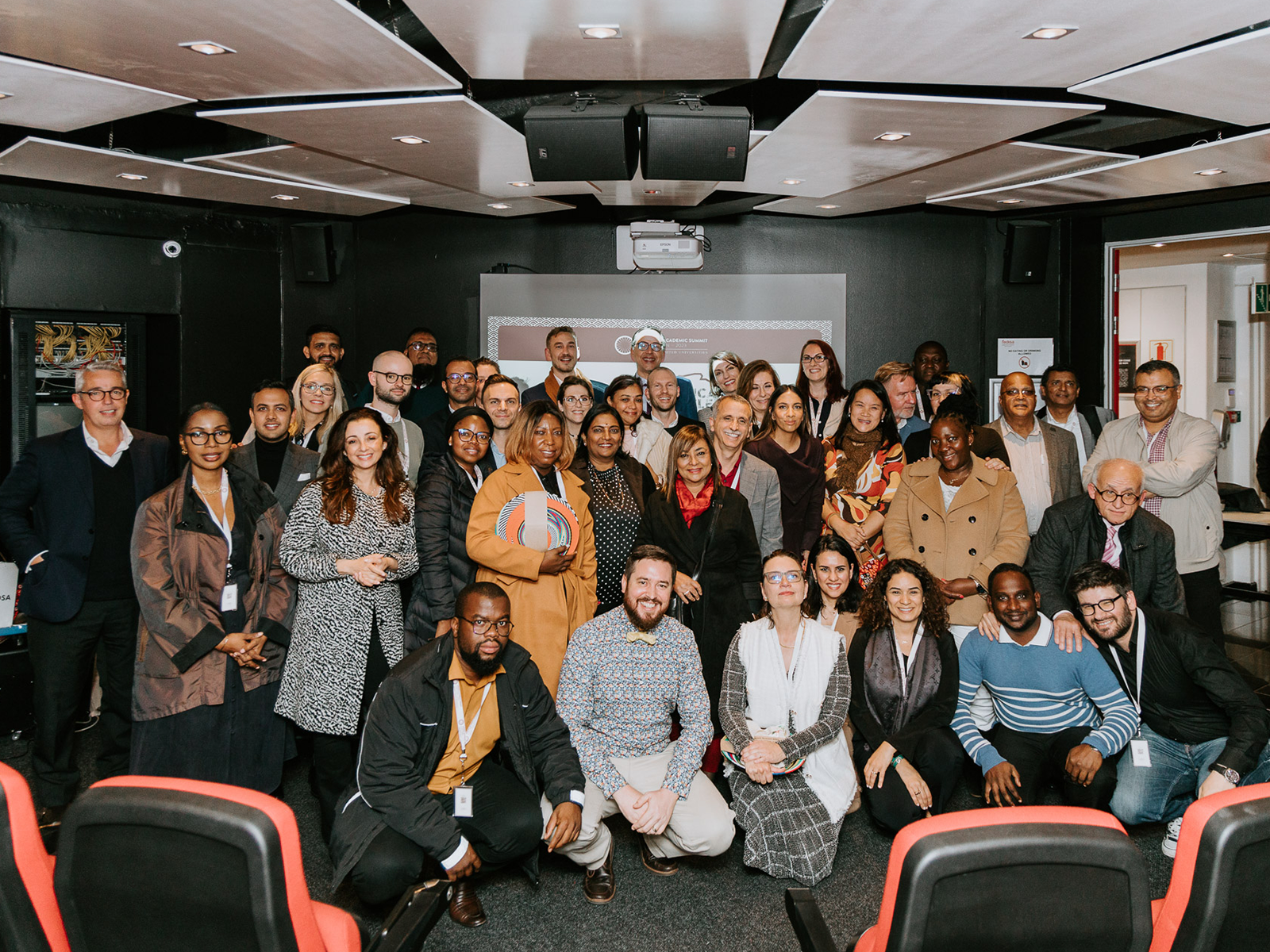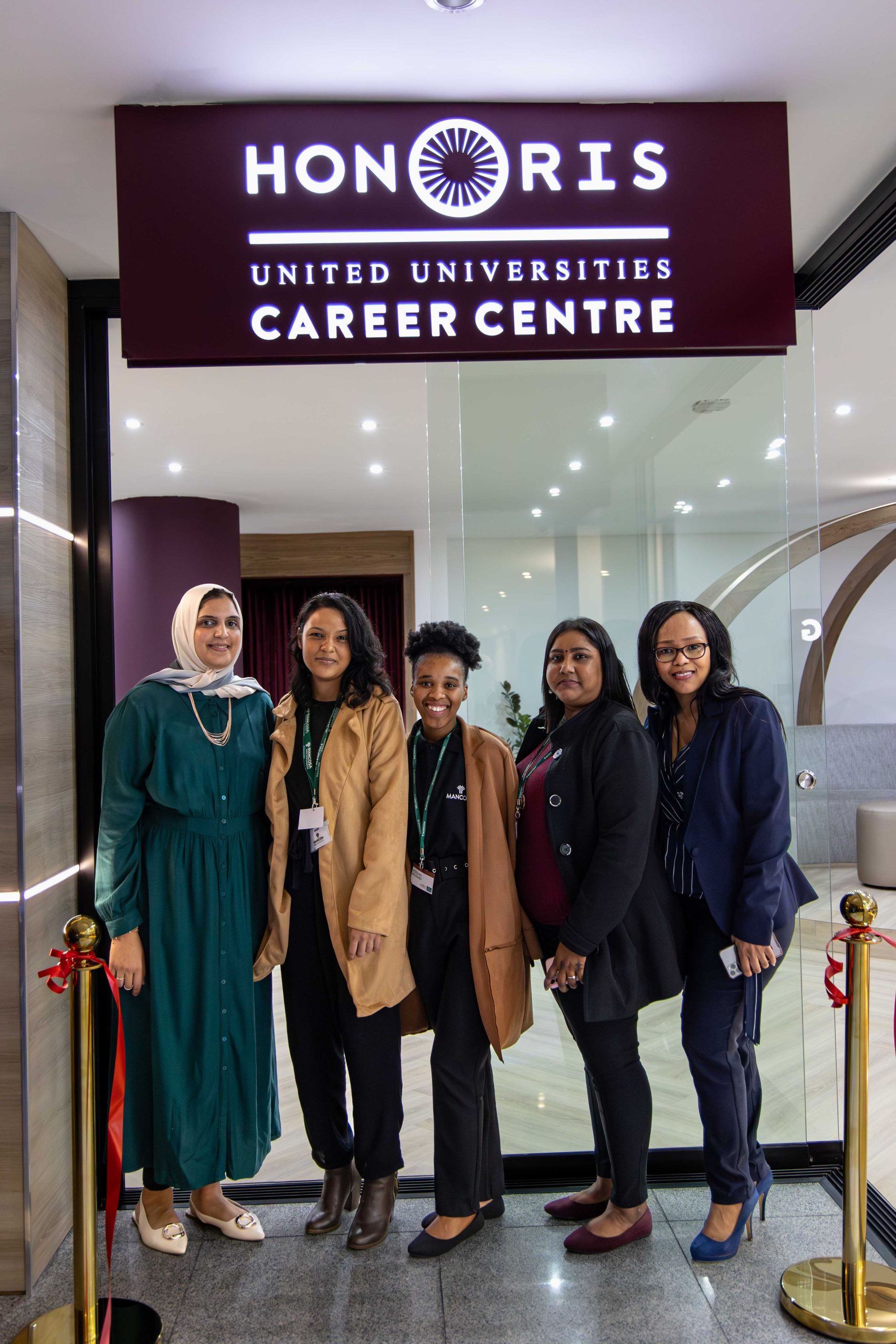
Improving entry to the job market and economic empowerment at scale


The employability of African graduates continues to be one of the most pressing urgencies for educators on the continent. We are committed to nurturing employability in Africa through an Employability Mandate that leverages partnerships with employers, builds state-of-the-art career centers, takes an intentional approach to supporting gender parity, and contributes to Africa’s vibrant entrepreneurship ecosystem.
By leveraging the power of our network, we develop market-ready curricula that provide students with soft skills, digital capabilities, and real-world competencies to apply at the onset of their employment.
We are increasing student success at scale across the continent, growing the number of graduates from 18,000 in 2021 to 22,000 in 2022, an increase of 22%. Thanks to this intentional focus on strengthening the employability function, 83% of Honoris graduates gain access to the job market within 6 months of graduating.
This increase from 80% reported in 2021 is thanks to our continued mission to ensure that graduates entering the workforce are equipped with 21st – century skills – technical, digital, and soft skills – to thrive amidst the Fourth Industrial Revolution. Across the network, our school leavers attained an employment rate of 75% while our working adults maintained an employment rate of 88%.
With over 400+ partnerships with employers in 2021, our pan-African network cultivated relationships to double this number to over 800+ employers across the globe in 2022. These partners, who cover more than 12 different industries, are integral to the shared success of our world-class institutions and the impact our students have on their communities after graduation. As the talent partner of choice for Africa, our institutions offer a menu of recruiting, work-integrated learning, and talent-sourcing services to employers, from which in turn students and alumni equally benefit.
For two consecutive years, we have found that Honoris graduates achieve a short payback period that is less than one year, meaning that most alumni’s first annual salary is higher than their total tuition fees. Retaining industry professionals as educators is a sure way of giving students the necessary preparation and support to achieve such low payback periods.
Employability Rate in 2022
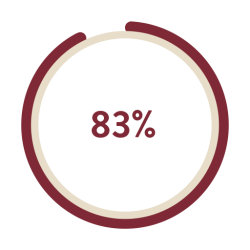
Employer Partners in 2022
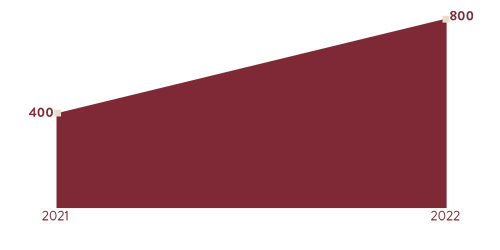
Honoris institution case

In South Africa and Morocco, our institutions FEDISA and EAC both understand the importance of synergies with industry to increase student success.
- Cape Town and Sandton-based FEDISA, South Africa’s premier fashion school, builds industry partnerships with top retailers like The Foschini Group (TFG) and Cape Union Mart to be the preferred partner for industry talent.
- Whilst at EAC in Casablanca, the first and only state-recognized private Architecture School in Morocco, practical, project-based workshop teaching is led by students under the supervision of professional teachers, with a supervision ratio of 17 to 20 students per teacher. Almost 100% of EAC faculty are practicing architects.
Value for money perception
Whilst we continue to adapt and scale our mandate across our pan-African network, we take a measured approach to ensure this is reflected in the perception of Value for Money for our students. Whilst assessing the value of their education at an Honoris institution and upon entering the world of work, students rate Value for Money at an encouraging 81%, an increase from 79% in 2021.
Value for Money
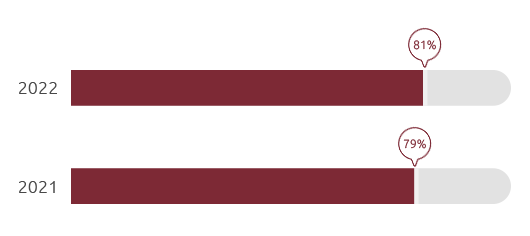
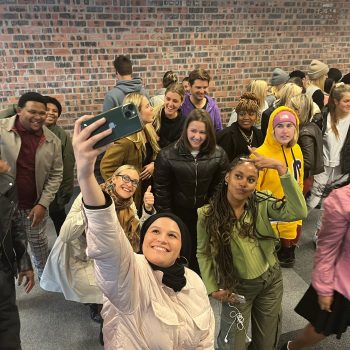
At South Africa’s Red & Yellow Creative School of Business, faculty embed the need for the most in-demand skills from employers into the curriculum. Its impressive 93% employability rate after just two months upon graduation is proof of the relentless efforts to constantly stay abreast of the changing nature of work. In 2022, R&Y introduced the short course ‘Designing for the Metaverse’, a first in the Honoris network and a beacon to other higher education institutions who seek to adapt accessibility and pedagogy to the constantly evolving business landscape.
2.6
months to Find Employment after Graduation
In-person and digital career services
23
Career Centers in 2022
We also welcomed a new Career Center to the network building our total to 23 physical and digital centers, up from 22 in 2021. Launching in Tunisia at ESPRIT Group, the Honoris Career Center provides critical support for students to successfully transition from academia to the workplace.
Internship opportunities

In 2022, Tunisian student Latifa Sassi graduated from ESPRIT School of Engineering with a National Engineering Degree specializing in Data Science. Through the experiences of an internship with Orange Tunisia and the added services of the ESPRIT Career Center, Latifa was able to seamlessly enter the workforce immediately upon graduation, now specializing as an AI Engineer for US-based firm Revca.
« Holding my graduation cap and announcing proudly that my dream came true and the hard work has paid off. I am so proud to graduate from ESPRIT as a Software Engineer specializing in Data Science with the « Highest Honors ». I would like to thank Orange Tunisie for giving me the chance to expand my professional career and to express my deepest thanks to my academic supervisor Nesrine Bouazizi for her support and care, and to my professional supervisor Mohamed Chedli Ben Yaghlane. »
– Latifa Sassi, AI Engineer at Revca and 2022 ESPRIT Alumni
Employers’ partnership: The Foschini Group Case Study

Cape Town and Sandton-based FEDISA Fashion School leverages mutually beneficial employer partnerships to drive value for graduates and for organizations in search of talent. FEDISA launched a state-of-the-art technology lab alongside The Foschini Group (TFG) for its aspiring designers, providing access to some of the most globally advanced machinery and giving students a clear competitive advantage upon entering the workplace.
« Searching for institutions that deliver quality has been a big priority of ours, but I have long stopped doing that because we found exactly what we needed in FEDISA. We are a firm believer that the quality of the people that we get from FEDISA are of the best in the country and in my personal opinion probably the best to traverse the world and make a successful career for themselves. »
– Travell Rees – The Foschini Group
Supporting entrepreneurship
Entrepreneurship has the power to drive economic growth and development across Africa, alleviating poverty through the creation of income-generating opportunities for communities across the continent. We embrace our responsibility to nurture tomorrow’s job creators, by growing our support of innovation and entrepreneurship across the network. Promoting entrepreneurship and startup culture in the classroom encourages entrepreneurial spirit and provides key 21st century skills to African talent. Students are increasingly opting for entrepreneurship courses or shorter modules that provide key entrepreneurial skills.
Throughout our institutions, almost 5% of our students choose to study a course in entrepreneurship, representing over 4,000+ students.
We opened the Honoris Collective Lab in Tunisia to break down silos and bring together multiple stakeholders to develop entrepreneurial talent across our education hubs in Africa. In 2022, almost 300 entrepreneurs have been incubated with 26 scalable start-ups created, raising more than $220k in seed capital. The Collective Lab, as a member of the powerful AfriLabs network of hubs across Africa, has since expanded into Nigeria, where students also have the opportunity to learn from corporate partners like Huawei and Amazon Web Services.
Whilst measuring the outcomes of our diversified Employability Mandate, fundamentally our institutions are driving the economic empowerment of our graduates, increasing access to quality jobs, nurturing job creators, and in turn, transforming communities across Africa.
300
entrepreneurs incubated
26
scalable start-ups created
$220k
in seed capital

